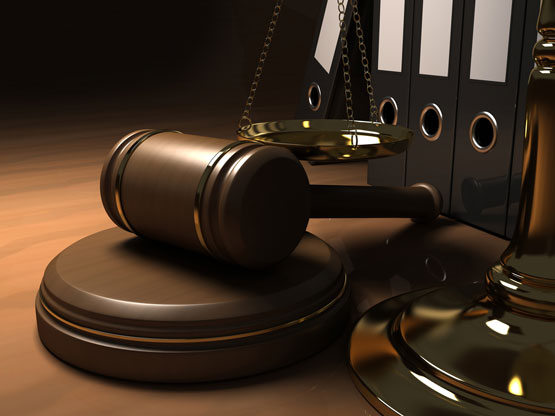
The court has recognized that, in that law, Congress intended to create a workable compromise that would allow internet-based sharing services to exist, while still offering a modicum of protection to copyright holders.
The case started with a lawsuit against the video-sharing service Vimeo by copyright holders of pre-1972 music. When you post a video to Vimeo, the site apparently monitors whether it's your video or one you've pirated. But it doesn't check out the soundtrack to see if you've used music that's under copyright.
As a general matter, a video-sharing service isn't obligated to review every posting to see if it violates copyright. That's a result of the Digital Millennium Copyright Act, a 1998 law that set the rules governing YouTube, Vimeo, and other services including internet service providers.
Under the DMCA, a provider or site that hosts videos isn't obligated to review every new posting for copyright infringement. It does have to take down any infringing content that it knows about, whether brought to its attention by a third party -- normally the copyright holder -- or by its own internal processes.
The main argument of the suit by the pre-1972 copyright-holders was that the DMCA had a gap in it. According to the plaintiffs, the law's so-called "safe harbor" provision for hosting sites didn't apply to music copyrighted before 1972.
The basis for this claim was that the relevant provision, section 512(c) of the DMCA, says that providers "shall not be liable . . . for infringement of copyright." Before 1972, the federal laws didn't include music, which was protected only by state copyright. The plaintiffs claimed that the word "copyright" in the safe harbor provision must refer only to federal copyright, and therefore only protects material that is federally copyrighted -- excluding pre-1972 music.
If that argument sounds contorted to you, you're not alone. But remarkably, a report issued by the U.S. Copyright Office in 2011 took that position.
The U.S. Court of Appeals for the Second Circuit rejected the Copyright Office's interpretation of the statute in an opinion by Judge Pierre Leval, who's known as the leading copyright expert among federal judges after authoring a famous article about the doctrine of fair use published in the Harvard Law Review in 1990.
Leval politely said that "we unhesitatingly acknowledge the Copyright Office's superior expertise on the Copyright Act." But he gave the federal office's interpretation no deference at all, reasoning that statutory interpretation is actually the special expertise of courts.
Leval then reasoned that it would make no sense for the DMCA to exempt pre-1972 music. He interpreted the statute according to its purpose, which was "to make economically feasible the provision of valuable Internet services while expanding protections of the interests of copyright owners through the new notice-and-takedown provision." Granting liability for pre-1972 recordings would, he said, "defeat the very purpose Congress sought to achieve" because it would impose monitoring costs on the providers, which the DMCA was designed to avoid.
With a light touch, Leval pointed out that "some of the most popular recorded music of all time was recorded before 1972, including work of The Beatles, The Supremes, Elvis Presley, Aretha Franklin, Barbra Streisand, and Marvin Gaye." The list might not be exhaustive -- where are the Rolling Stones? But it was certainly suggestive.
This opinion is a model of reading a statute according to its purpose, not according to some exaggerated literalism of the "textualist" method that was associated with the late Justice Antonin Scalia. Interpreting a statute according to its purpose was a way for Leval to close the possible loophole identified by the Copyright Office. In theory, it would be nice if Congress would do that job. In reality, the difficulty of passing major legislation makes that unlikely and justifies judicial use of common sense.
The court went on to reject the rest of the copyright-owners' claims. It held that possible brief viewing by Vimeo employees wasn't enough to prove that the company knew, for purposes of the digital copyright act, that there had been copyright infringement -- partly because the law was so unclear.
And the court held that Vimeo hadn't been "willfully blind" to copyright violations just by reviewing video content and not audio, since the DMCA actually doesn't require any reviewing at all.
The overall effect was to signal that the most influential judge in the country when it comes to copyright has fully processed and understood the basic structure of the DMCA. Other judges will take note. Score one for the judicial system working right.
Comment by clicking here.
Noah Feldman, a Bloomberg View columnist, is a professor of constitutional and international law at Harvard University and the author of six books, most recently "Cool War: The Future of Global Competition."


 Contact The Editor
Contact The Editor
 Articles By This Author
Articles By This Author
